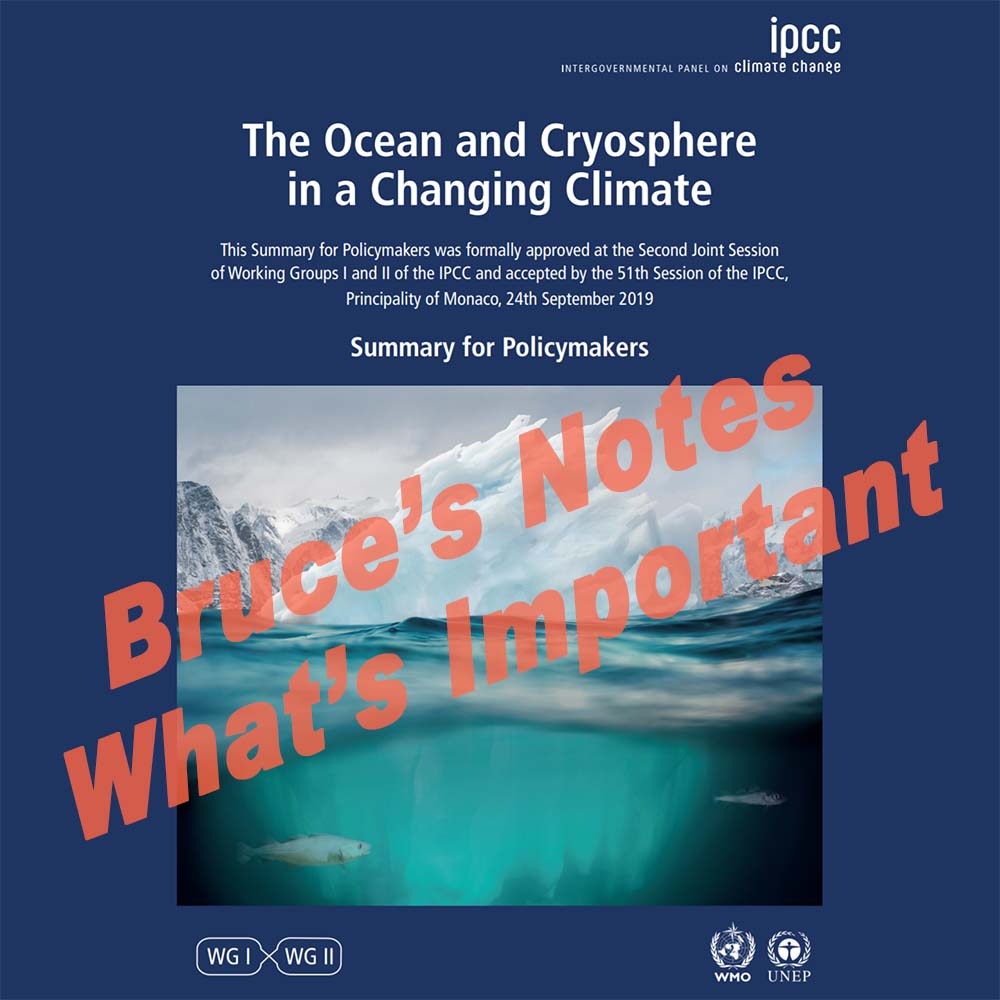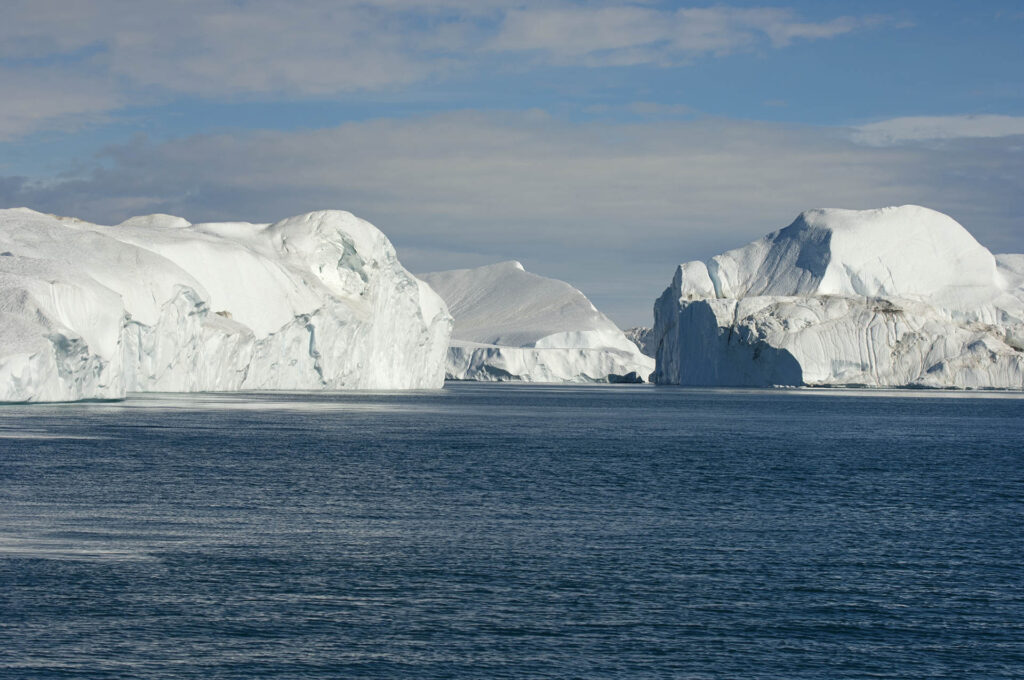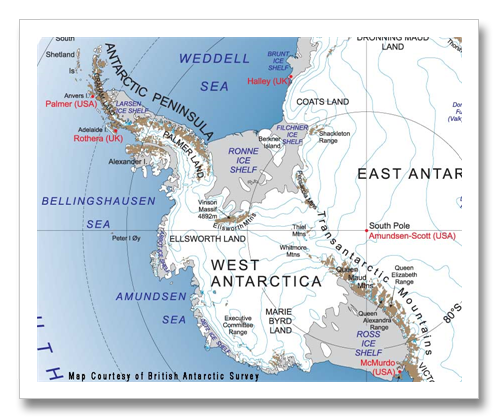
An Introduction to Advanced Climate Change – Two Years in the Making by Bruce Melton PE Climate Change Now Initiative October 2023 (Link to the learning tool) This slide deck is a learning tool with 18,000 words in 52 slides with 70 beautiful images. The notes include about 85,000 words and over 600 references with…
















